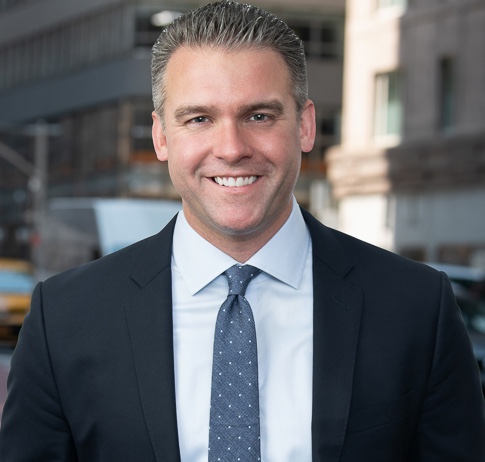First published by The South China Morning Post on 19 August 2021
The devastating 2007 and 2008 financial crisis sparked the collapse of the United States housing market, sent international markets tumbling and led to the demise of big American investment banks and mortgage lenders, such as Lehman Brothers and Washington Mutual Bank.
Michael Culhane’s world came tumbling down, too. He and his Sydney-based financial services company, Pepper Money, which he had founded in 2000, were left facing an unimaginable loss.
“That was painful,” Culhane, 53, now CEO of Pepper Group, says. “We ran into a brick wall because the markets were effectively shut. That was very defining for us and made us who we are today. It taught me resilience.”
This never-give-up attitude helped Culhane and his business survive its most challenging times.
Culhane recalls having to “start everything from scratch again”, spending hours crunching away on a laptop to rebuild everything he had lost.
“It was brutal,” Culhane says. But it taught the entrepreneur how to adapt to adversity and survive.
He launched Pepper as a non-bank lender in 2000, offering consumers easier access to funding compared with the existing channels offered by dominant institutions.
Today the company, which offers a range of flexible car, home and personal loan services, has expanded its operations outside Australia, with offices spanning Australasia, Asia and Europe, including Ireland, Spain, South Korea, New Zealand, Hong Kong and the United Kingdom.
Listed on the Australian Securities Exchange in 2015 and taken private in December 2017 by global investment firm KKR, Pepper has continued to develop its business. In May it offered public shares in 40 per cent of its Australian business on the Australian Securities Exchange. The rest of Pepper’s operations in 10 countries continue to be owned by management, private investors and KKR.
“It takes a lot of tenacity to pick yourself up and go again, but I’m glad we did,” Culhane says. “In some ways, I don’t think Pepper would be what it is today, if it wasn’t for 2008.”
Born in the quiet English village of Woodhouse Eaves, in Leicestershire, Culhane did not grow up in a wealthy family. He says he took a year off to work and travel to the United States after finishing secondary school. For six months, Culhane travelled across various states – an experience he says he will never forget and that has shaped the rest of his life.
After graduating from the London School of Economics with a bachelor’s degree in economics and international relations, he was determined to return to the US, and started to learn about the intricacies of finance while working at a small investment bank in the US capital, Washington.
He says this first job marked the trajectory of his career: “I started as an assistant on the trading desk and got yelled at every day,” he says. “The company quickly expanded from 30 to about 1,500 employees – and I grew along with it.”
He came up with the idea for Pepper in 1996, at the age of 28, when he was sent back to London to set up the US bank’s British office and quickly noticed a gap in the market: the country had very few non-bank lenders. As a result, Culhane founded Future Mortgages to fill a gap serving customers that were not being catered to.
“Through that business, I learned the British mortgage and finance market inside and out, and I ended up selling the business to Citigroup in 2001,” he says. “My old company made a very good return on their capital. So we said, ‘Well, where can we do that again?’. And the new version became Pepper.”
Culhane, who is married with two children, found setting up the business from scratch very demanding, and it meant having to spend more time away from his family than he wanted.
“I was on a plane all the time,” he says, adding that this hectic lifestyle didn’t slow down until 2020 – following the start of the Covid-19 pandemic.
Culhane says both he and Pepper have had to adapt to a new way of doing business – including the use of virtual meetings as people work remotely, with lockdowns and other social-distancing restrictions limiting international travel.
“A lot of industries have had to adapt to new technologies,” he says. “But I think people’s willingness to embrace technology in everything they do has been greatly fast-forwarded by the pandemic.”
Pepper’s staff have had to adapt the way they communicate – with both colleagues and their clients.
Culhane believes the pandemic has provided us with a glimpse of the future of banking.
“I think you’ll see less of the ubiquitous large banks,” he says. “We’d love to surf that wave, which will be driven by the increasingly bespoke digital design of products that are specifically targeted at consumers’ needs. We believe that products need to fit the customer, not the other way around.”
Culhane hopes to capitalise on this market disruption, and position Pepper so that it plays an integral part in spearheading innovation.
Budding entrepreneurs who hope to follow in his footsteps should simply “go for it”, he says. “The equity and debt is out there looking for a home very aggressively. So if you have an idea and hope to fill a gap in the market, I think the opportunities are significant.”


